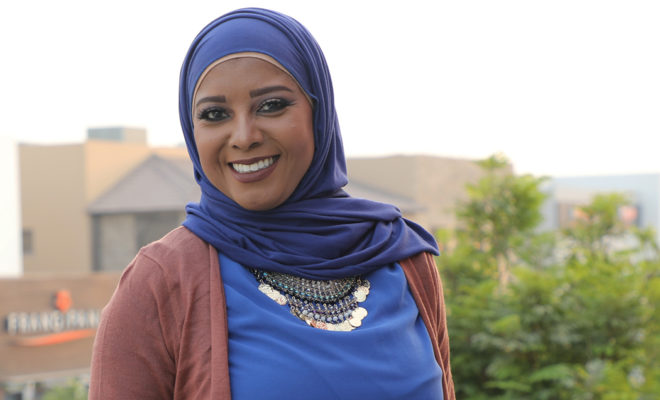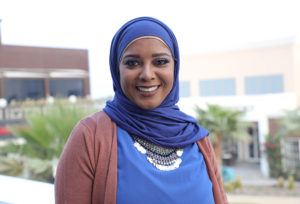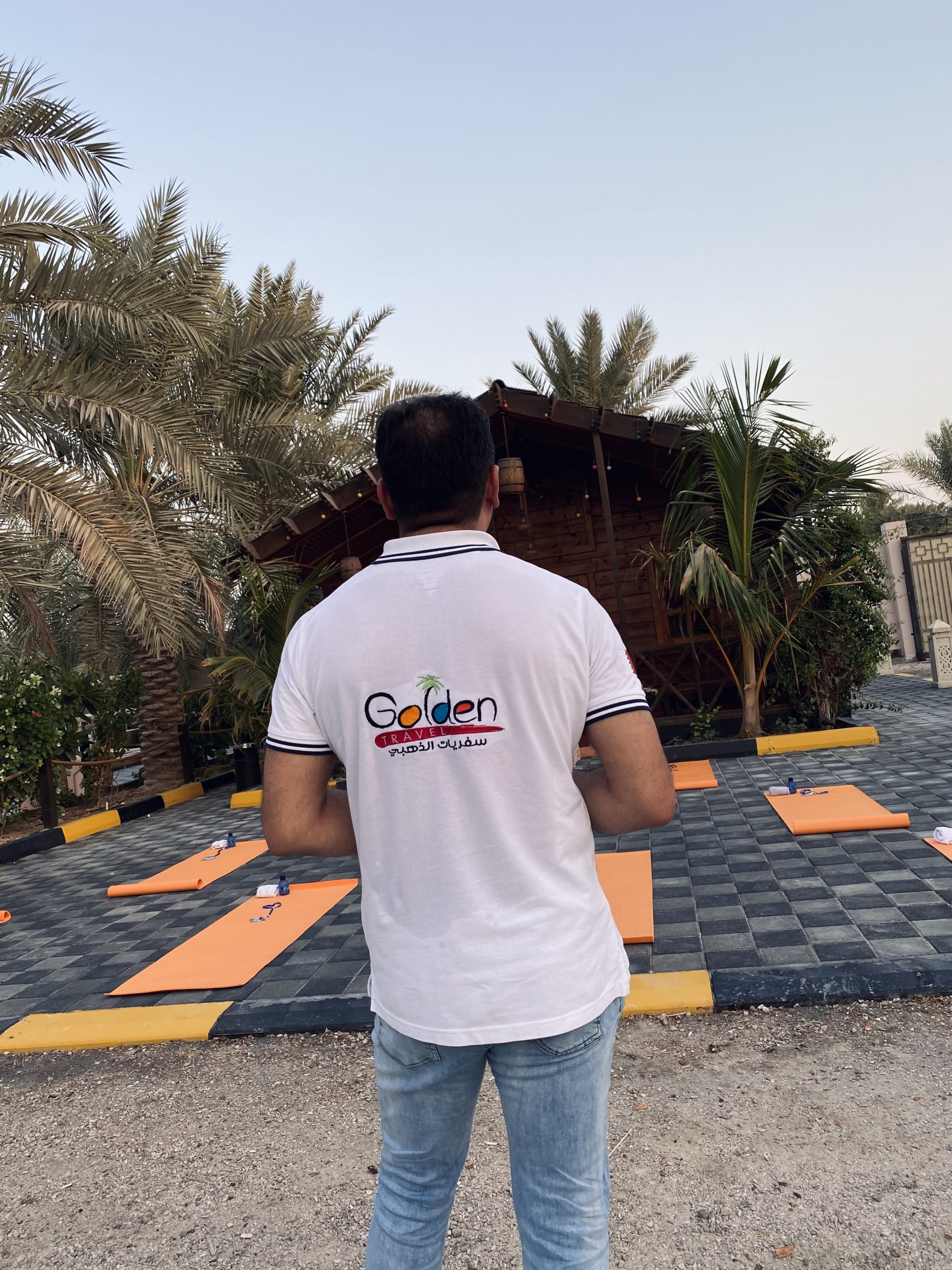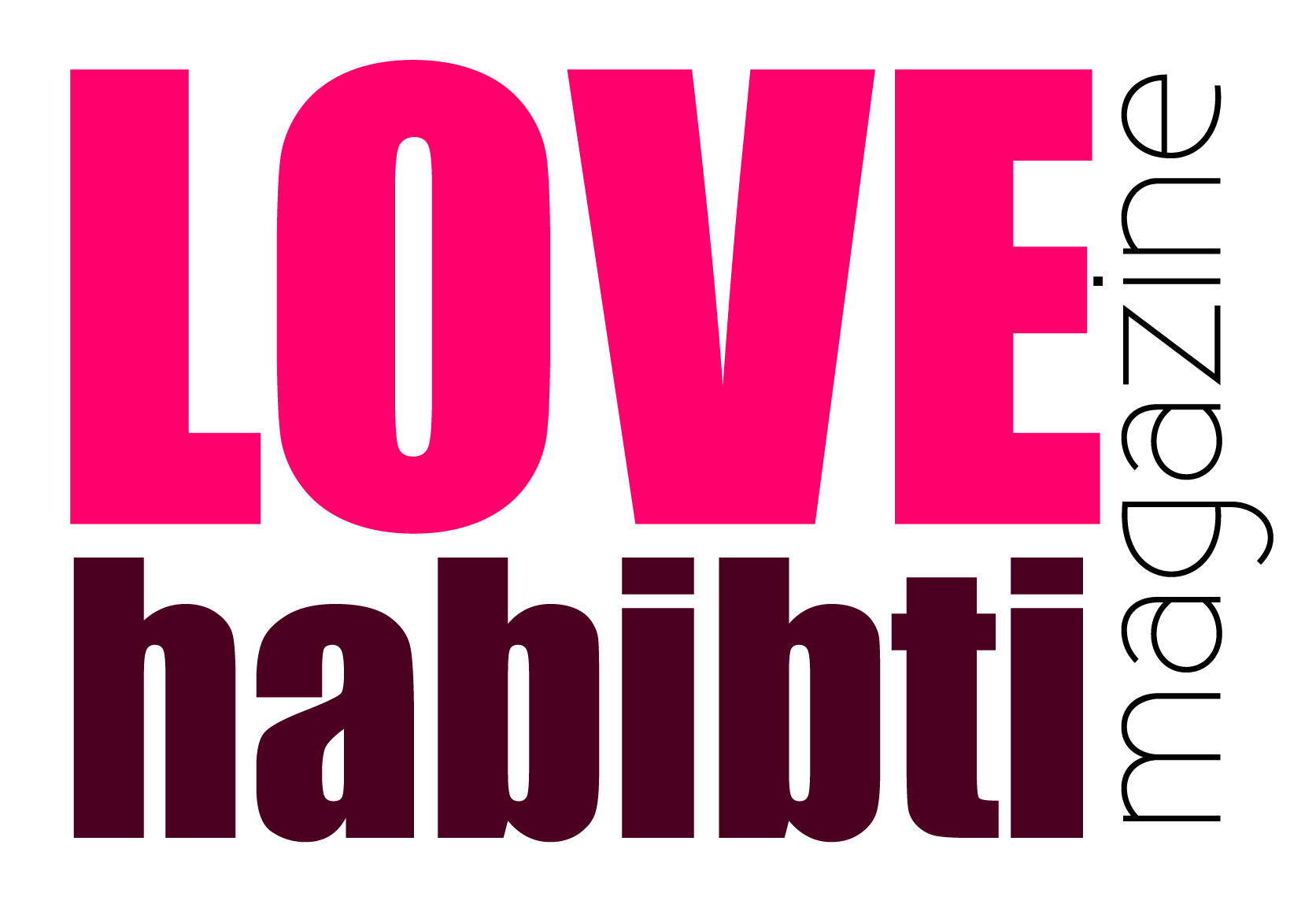
Lifestyle
Hamsa Saeed
Hamsa Saeed is a Certified Professional Co-Active Coach (CPCC), a Vice President on the BSTD Coaching Forum Board and member of the International Coaching Federation (ICF).
Hamsa has over 20 years experience supervising Islamic banks at the Central Bank of Bahrain, Insurance and Reinsurance working for Gulf Air and Arab Insurance Group (ARIG) to specialising in Coaching for the past 4 years.
Hamsa is the first Bahraini promoting coaching on social media and the only Bahraini who attended the CTI Co-Active Coaching Summit, in Napa, California, 2014. She was also a host on many TV and Radio programs in Dubai and Bahrain, a guest speaker in Doha on coaching, conducted workshops in Saudi Arabia, University of Bahrain, and a Key speaker on the BSTD Coaching Forums 1 & 2.
At present she is Chief of Coaching at the Institute of Public Administration (BIPA).
We sat over coffee and spoke to Hamsa, to get an insight to her incredible passion for wanting to empower others achieve their potential.
What would you say to someone who wants to become a coach? What career choices should they make?
The most important thing is to be yourself. Being authentic is challenging in a world that is filled with a lot of insincerity and facades. To be your most authentic self needs belief, practice and requires us to be conscious to be ourselves.
Secondly, being authentic will enable you to develop one of the skills required to successfully coach; which is a strong connection with your client, because coaching or life coaching is specifically a connection between two parties, where there is trust, belief, confidence, and confidentiality
Lastly, qualifications; it’s very important that the coach has the right qualifications and accreditations from a well reputed school.
What is the difference between a trainer, a mentor and a coach?
To simplify it, training is knowledge or skill based, so the teaching or passing on of a certain skill. With coaching, it is more thought provoking, by asking the client powerful leading questions. Coaching is to make you think by asking you questions. Mentoring is more of passing on a specialised experience in a certain field.
Would you call yourself a corporate coach or a life coach, or a combination of both?
At present I am both, although I more inclined towards life coaching, because I’ve been practicing coaching with individuals for the past four years, and for the last one year, I was involved with organisational coaching, which is dealing specifically with employees. The essence in both is the same, nevertheless with different dynamics.
I believe it’s important for employees to be coached and I would like to deal more with employees and even young adults. It’s important to help them discover their strengths, passion, highest values, and making them align with these highest values, through honouring them.
It’s vital to help empower individuals to actualise their life purpose and to discover their universal message or mission. I believe this is the essence of everything; we need to build on this foundation; to connect with oneself first. If I don’t know myself, if I don’t know my values, how will I connect to the organisational values?
Trying to build this philosophy into a corporation is a challenge, because some corporations feel that the individual’s personal values are separate and detached from the company values. However, if we want change, we need to start from the grass roots. Organisations do recognise the importance of coaching and do want change, nevertheless, we as coaches need to work more on raising awareness on the requirements and expectations for having an impact and for making a change. It is time for creating change.
How do you set boundaries? You’re not a therapist or counsellor, but do clients assume that role for you?
To be a coach, a person has to really know their boundaries, that they are not a therapist, or a counsellor. A coach’s job is not to heal someone; their job is to help elevate a client in his life. To help one who wants to discover who they truly are and to help those who want to reach a certain goal in his personal life and at work.
If a client requires something other than coaching, then I will always discuss and explain to him/her the case and how I can help them, otherwise I suggest to them to one of my accredited colleagues being a healer, psychologist or a psychiatrist.
It must be rewarding to be able to witness the change and shift in people when they are being coached by you.
This is the true driver for me, because it’s not an easy career.
Because I’m interacting with people, I’m also facing many different energies reflecting from people so I have to protect myself, and my energy. This itself is an effort and a skill. You can be a good coach, but you can also be drained at times, so it’s also important to practice meditation.
Transformation doesn’t happen in one session, so you just do your bit from being fully present, connected, conscious and ready just to be with the client trusting the model you are using. Once you finish your session you detach. Not always, but sometimes we do see clients getting depressed or feeling agitated which is normal because they have opened themselves to many emotions. Nonetheless, after a while, as they experience the process you notice the positive changes in this person and that’s when every effort feels worthwhile and rewarding.
Has there ever been a time that you thought, “I should have stuck to banking”. Or was that not your calling, so now you feel that this is your calling.
That’s a very good question, I believe that it all starts with being attentive and mindful to receiving messages and listening to the call. It is about listening to your inner voice and trusting your intuition. So yes I do believe it’s a calling, at that time it was my calling, because I enjoyed it and it was a wonderful transformational phase of my life, if it wasn’t for that phase, I wouldn’t have come to who I am now.
This is my calling now. I have no idea what is going to come next, so I’m taking each day as it comes, and I try to embrace life in all its stages and go with the flow.
It’s not easy to keep yourself fluid and be able to adapt, how do you manage to remain open to change?
Many may see constant change as a negative. For many stability and long-term security are much more palatable. However for me, being open to change IS stability. I believe life is all about going with the flow, which is not an easy thing. But it is my definition of life. Life is bigger than you or me. If you look at where you are in relation to the universe, or even the earth, what are we, and what are we doing? For me, even at a young age, I wanted to do more, and I will continue discovering until the last day of my life. This brings me satisfaction and happiness.
If you could go back in time and meet yourself, 10 years ago, what would your advice be to your younger self?
I would tell myself to take it easy and not to worry so much. I would say, express more, be yourself. Don’t take things so hard and don’t take things too seriously.
We get the sense you want to strip away all the chaos and complexities. When you talk, we feel you want things to go back to simplicity… bring everything down to its basics.
Absolutely, there’s nothing that we cannot get rid of. How did we live before?
I do call for simplicity and I believe in it, because this is what makes us human beings. One of my highest values is humanity. Humanity is very important. Spirituality is another value for me —humanity, spirituality and simplicity.
Is it then when you strip back, when you get rid of all the extra layers, when you start tuning in to energies and vibrations?
Hundred percent! We are distracted by a lot of things, not only technology but we’ve been distracted by the people who are surrounding us.
We are distracted by what we allow to enter our mind, our heart and our body. We allow everything and anything to disturb our inner peace. We don’t have this shield of mindfulness and we need to practice it.
Everything is about practice, even if you have a talent, it’s not enough, or if you regard someone as ‘lucky’ there is no such thing as luck, it’s perseverance and practice. This person is practicing something that you’re not practicing.
Once you can defend what is entering your ‘self’ you are able to tune into a high energy, which means you are able to be attentive to your surroundings, and to see and understand what’s inside you. We need to get rid of all the distraction to connect. Connecting to our energy.
And that is also when you differentiate between sympathy and empathy? Do you need to empathise as a coach?
Yes, we do need to feel empathy, to be in the shoes of the client, yet be able to detach from their feelings and energy during the session. It is your awareness and your consciousness that allows you to recognise the difference and not get drained or emotionally worn by the situation, but rather to acknowledge and move forward to work towards what the client choose and desire.
When coaching, what are the three main things you hope a person walks away with?
Number one; To identify their highest values and life purpose.
Number two; To start being aware on how to master manage their mind. Through understanding how does the mind work in a basic manner in order to engage a paradigm shift to the way they think and to start differentiating between the conscious and subconscious mind.
Number three; To have an action plan, a vision and goal; what do you want to achieve and what steps do you need to take to achieve that goal that will make you live your values and fulfil your universal purpose of your life as a whole and which your work should also be related and connected to. That is the way we should live and work in this life, with our values and our purpose being our guide.
For more information or for booking sessions with Hamsa:
Contact: +973 66375565
Email: hamsa.coaching@gmail.com
Social Media accounts: @hamsacoaching






You must be logged in to post a comment Login